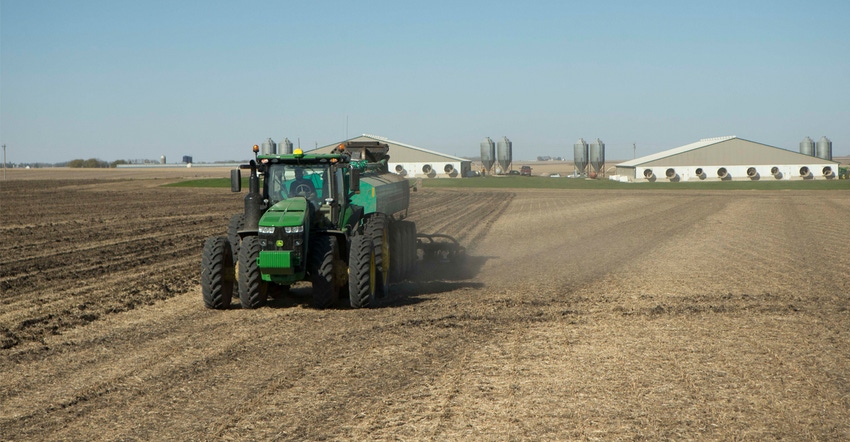June 15, 2022

The last Prairie Post column I wrote talked about how our livestock producers and ranchers do a great job when it comes to caring for the animals under their care.
That is true — for the most part.
Related: No animal rights problems here
As with any profession, there are bad actors, those who give the rest of the field a bad name. Sadly, there are even bad actors in the agriculture world, both with crop farmers and livestock producers. You know, those whose animal welfare practices are less than ideal or their manure management strays poorly from their plans. Likewise, some crop farmers still subscribe to the more-is-better mentality when using ag chemicals.
We all know those bad actors, we might have some in our own community, or worse yet, it is ourselves.
These bad actors are not only hurting themselves and their operations, but also hurting the public image of agriculture as a whole. We all know how the anti-agriculture movement has taken over our country, and it seems like our operations are forever under the microscope.
Act as if you are under a microscope, and someone is watching every move you make as you care for livestock, plant crops, spread manure, or apply herbicides and pesticides.
Also, communicate on your farm or ranch as if someone is standing just outside your farm gate with a parabolic microphone, picking up every sound from you, your family and your hired hands.
Under the microscope
I’m not saying that we need to be paranoid, but just keep in mind a variation of the Miranda rights that anything you do or say can be used against you. And we have all seen how anti-agriculture groups capture undercover video everyday farm practices and use it in context that paints a bad picture for all of agriculture.
All livestock producers should have taken quality assurance training and become certified that they know the correct way to handle and care for their stock. Now, I can just hear some of the more-experienced farmers and ranchers saying, “I’ve been handling livestock for 15, 25, 45 years. I don’t need some Extension person telling me how to raise cattle.”
Yes, you may have the experience and have done things the way your dad, granddad and great-granddad always did, but that doesn’t mean that way is the best way. Or the right way.
As consumers want more say in how their food is being raised, retailers are asking their suppliers for verification that their product is being raised in the most humane way possible. A lot of packers, if not all, are requiring that farms undergo farm audits, so that they can tell their customers that the supplying farms are up to snuff.
These are invaluable steps that farmers and ranchers can take to relate the story and provide proof that they are doing a good job.
In a perfect world, bad actors do not exist. Sadly, we do not live and farm in a perfect world. We can all do better in our operations. But let’s also make an effort to improve all of those around us, and in the end, improving the image of the livestock industry and agriculture as a whole.
Adopt the mantra of Homeland Security: “If you see something, say something.” Nobody wants to be a snitch, but if you see a neighbor or fellow farmer doing something that you know isn’t right, say something. Start off by approaching the offenders, telling them their practice is not acceptable or, in some cases, illegal. If they don’t listen to you and continue to err, you may have to take it to an appropriate authority.
I’m not suggesting pitting neighbors against neighbors, but stepping in and saying something is the right thing to do. Agriculture’s image under the public microscope depends on it.
You May Also Like




